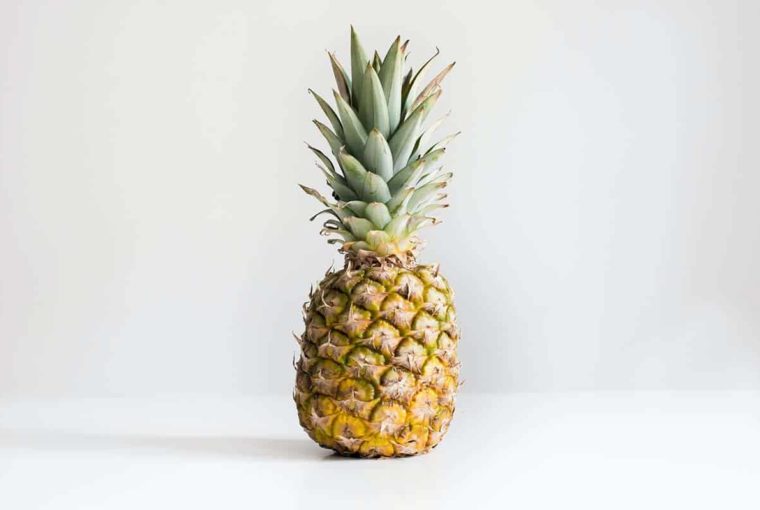Just about everyone has suffered from digestive problems at some point in their lives. And it definitely isn’t fun. Fortunately, there are many things you can do to ensure you achieve and maintain optimal digestive health. One way of doing this is to include proteolytic enzyme-rich food or supplements in your diet.
Let’s look at how exactly proteolytic enzymes can help aid digestion.
What Exactly Are Proteolytic Enzymes?
Proteolytic enzymes (also known as proteas, proteinase, or peptidase) are enzymes that help regulate proper metabolic processes, including breaking down proteins into amino acids and thus converting food into usable energy sources.
Proteolytic enzymes are produced in the pancreas, so humans produce their own supply. They are also found in certain foods, with papaya and pineapple being the best-known foods with the highest concentration.
Proteolytic enzymes are a group of enzymes that break down molecules of proteins (which form chain-like structures in the body). These structures are broken down into smaller pieces (called peptides) then further down still into amino acids.
Papaya produces the enzyme papain and pineapple produces bromelain. Because of the efficacy of their enzymes, they are often used commercially and are also produced as meat tenderizers.
Health Benefits Of Including Proteolytic Enzymes
Digestive enzymes including lipase amylase bromelain concentrates are known to have many benefits, including aiding in the digestion process, especially the assimilation of proteins. They are also useful in reducing pain and inflammation and are useful in treating conditions such as Crohn’s disease, ulcerative colitis, sports injuries, and in healing wounds.
Sources of Proteolytic Enzymes
Plant and Animal Sources
Proteolytic enzymes can be derived from plant sources including pineapple stems and papaya latex. They can also be extracted from the pancreas of different animals, with pigs and cows being the common.
Supplements
Supplements of proteolytic enzymes often contain either a single kind of enzyme (i.e papain or bromelain) or a blend of many different enzymes. It is normal to find blends including bromelain, papain, pancreatin, trypsin, and chymotrypsin, amongst others.
Proteolytic enzymes are also said to be efficacious in treating a whole host of maladies when taken in conjunction with raw foods.
Raw Food
Eating food high in proteolytic enzymes in their raw state such as pineapple, papaya, ginger, and asparagus – to name a few – is the best way to ensure that the powerful enzymes are not broken down. This is known to occur when foods are heated. So, in order to preserve the enzymes, it is best to consume minimally cooked foods wherever possible.
Raw nuts and seeds and fruit and vegetable juices are also good sources of naturally occurring proteolytic enzymes that can improve your digestion.
The Bottom Line
Proteolytic enzymes help break down proteins into amino acids and thus help with proper digestion and assimilation of the foods that we eat, converting them into viable energy sources.
Humans produce their own proteolytic enzymes in the pancreas and stomach, but people deficient in this or those who experience difficulty digesting proteins can benefit from including these potent enzymes in their diets in the form of foods such as papaya and pineapple, or in the form of supplements.




